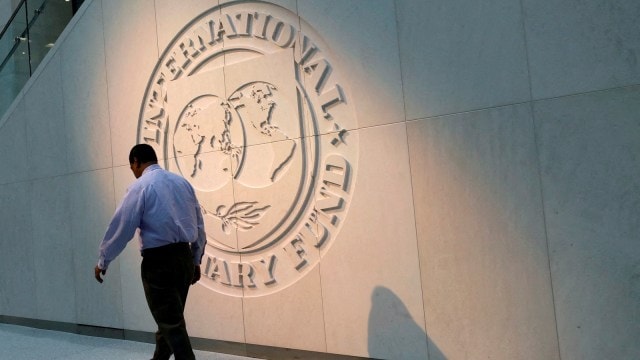The International Monetary Fund (IMF) recently evaluated industrial policy initiatives implemented by various countries to drive innovation and economic growth. In a chapter of its forthcoming Fiscal Monitor, the IMF provided insights into the effectiveness and risks associated with such policies.
Evaluation of Industrial Policy
- Effectiveness of Industrial Policy: The IMF acknowledges that industrial policy has the potential to drive innovation and economic growth if implemented effectively.
- Cautionary Tales: However, history has shown instances of policy mistakes, high fiscal costs, and negative spillovers in other countries, highlighting the importance of careful implementation.
Risks and Challenges
- Fiscal Costs: Focusing primarily on subsidies and tax breaks poses risks due to high fiscal costs.
- Capture by Special Interests: There’s a risk of policies being captured by special interests, leading to misallocation of resources.
- Geo-economic Rifts: Policies discriminating against foreign firms could trigger retaliation and deepen geo-economic divides.
Recommendations
- Diversification of Policies: IMF officials advocate for a broader mix of policies to support innovation, including public funding for fundamental research, R&D grants for start-ups, and inclusive tax incentives.
- Public Spending on Research: Increasing public spending on fundamental research could significantly boost GDP and reduce debt-to-GDP ratio.
Examples of Initiatives
- The IMF cited various initiatives, such as the U.S. funding domestic research and semiconductor manufacturing, the EU’s support for climate neutrality, and policies in Japan, South Korea, and China.
Future Outlook
- The IMF emphasizes the importance of adopting effective fiscal approaches to artificial intelligence, with a separate report scheduled for May.
- Less technologically advanced countries are encouraged to focus on policies promoting technology diffusion through investments in education, infrastructure, and digital skills.
Multiple Choice Questions (MCQs):
- What is the primary concern raised by the IMF regarding industrial policy initiatives?
- A) High fiscal costs
- B) Lack of government intervention
- C) Over-reliance on foreign investment
- D) Limited innovation potential
- Answer: A) High fiscal costs
- According to the IMF, what could be a consequence of policies discriminating against foreign firms?
- A) Increased collaboration
- B) Economic retaliation
- C) Enhanced globalization
- D) Technological advancement
- Answer: B) Economic retaliation
- What does the IMF recommend to support innovation besides subsidies and tax breaks?
- A) Reduction of public spending
- B) Increased tariffs
- C) Public funding for fundamental research
- D) Exclusivity for established firms
- Answer: C) Public funding for fundamental research
- How does the IMF suggest less technologically advanced countries bridge the gap with advanced economies?
- A) By reducing investment in education
- B) By focusing solely on domestic innovation
- C) By investing in education and infrastructure
- D) By increasing trade restrictions
- Answer: C) By investing in education and infrastructure
